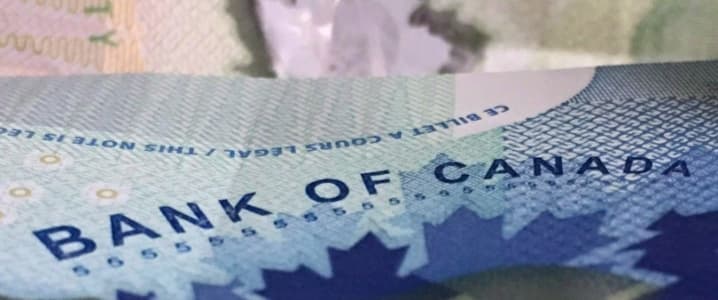Andrew Scheer—leader of Canada’s Conservatives who are currently in opposition but leading Liberals in the polls ahead of the October federal elections—has recently outlined his vision for Canada that includes the country becoming energy independent by cutting off all foreign oil imports by 2030.
Scheer’s pitch is that Canada not only has more than enough oil to replace all the crude it currently imports from “rogue states” but also to stop all “foreign oil imports once and for all” by 2030.
While the Conservative leader says that “an energy independent Canada would be a Canada firing on all cylinders,” analysts are concerned that ending all oil imports—especially from the United States which provides the vast majority of those imports—would damage trade relations and steer Canada into a protectionist lane that is not compatible with free market policies.
Experts also say that getting Canada’s oil to the market by solving the constrained takeaway capacity would be far more important for Canada and its economy than cutting off foreign oil imports.
Pipeline bottlenecks cost Canadian oil producers US$20 billion, according to conservative think tank the Fraser Institute.
“Now, we can pretend that the world doesn’t need oil and gas anymore – as some would have you believe. But it’s simply not true,” Scheer said in a speech earlier this month.
According to the Conservative leader, Liberal Prime Minister Justin Trudeau “would rather countries like Iran, Venezuela, and Saudi Arabia meet that demand and, in doing so, boost regimes that abuse human rights and take virtually no steps to protect the environment.”
“And he would rather the United States fill the void in the North American market, ceding investment and jobs that should be ours to our biggest economic competitor,” Scheer said.
The U.S. provided more than half of Canada’s 592,600 bpd average oil imports last year, according to National Energy Board’s data. Saudi Arabia came in second, followed by Azerbaijan and Norway. Canada hasn’t imported oil from Iran or Venezuela in years. In exports, all of Canada’s oil is being exported to its long-standing trade partner, the United States. Related: Norwegian Oil Patch Ramps Up Spending To Counter Decline
According to analysts who spoke to The Canadian Press’ Andy Blatchford, the ‘energy independence’ message of the Conservatives is a political message designed to appeal to some voters, while the economic reasons for stopping imports may not really exist.
“I really think that this idea of independence and protectionism is politics — but economics would say we're crazy not to buy our own,” Martha Hall Findlay, chief executive of the Canada West Foundation think-tank and a former Liberal MP, told The Canadian Press.
Mike Moffatt, an assistant professor of economics at Western University and a former advisor of Trudeau’s, believes that the decision whether or not to import foreign oil should be made by oil companies, while the ‘energy independence’ message sounds like a nationalistic positioning. Related: The Second Machine Age Could Crash Oil Prices
Another Canadian party, the Green Party, also wants to stop foreign oil imports, for a very different reason of course. The Greens, polling at fourth but having hit new polling highs since the last election according to the CBC poll tracker, unveiled earlier this month their Green Climate Action Plan to avoid climate catastrophe. “Turn off the tap to oil imports” is one of the plan’s 20 key points, the first of which is ‘declare a climate emergency.’
“As we move off fossil fuels, we should only be using Canadian fossil fuels till 2050, which means shutting off imported oil coming into Canada from Venezuela, Kazakhstan, the United States, Saudi Arabia. We will use domestic oil and gas and diesel, as long as we are using them,” Green Party leader Elizabeth May said earlier this month.
While the Greens oppose all new pipeline projects, the Conservatives have a six-point plan to get those pipelines running, because, Conservative leader Scheer says, “We absolutely must get critical pipelines built.”
The plan includes canceling the carbon tax, repealing Bill C-69, ending the tanker ban in British Columbia, establishing a timeline for approvals, eliminating foreign interference in the approval process, and invoking constitutional authority to build major projects.
For Canada’s oil industry and producers, who blame the federal government for their hardships in recent months, solving the pipeline bottleneck to ease market access would be a much more important issue than Canada cutting off oil imports.
By Tsvetana Paraskova for Oilprice.com
More Top Reads From Oilprice.com:
- Have Gasoline Prices Peaked For 2019?
- The Biggest Losers In The Shale Slowdown
- IEA: CO2 Levels Hit Another Record High

















